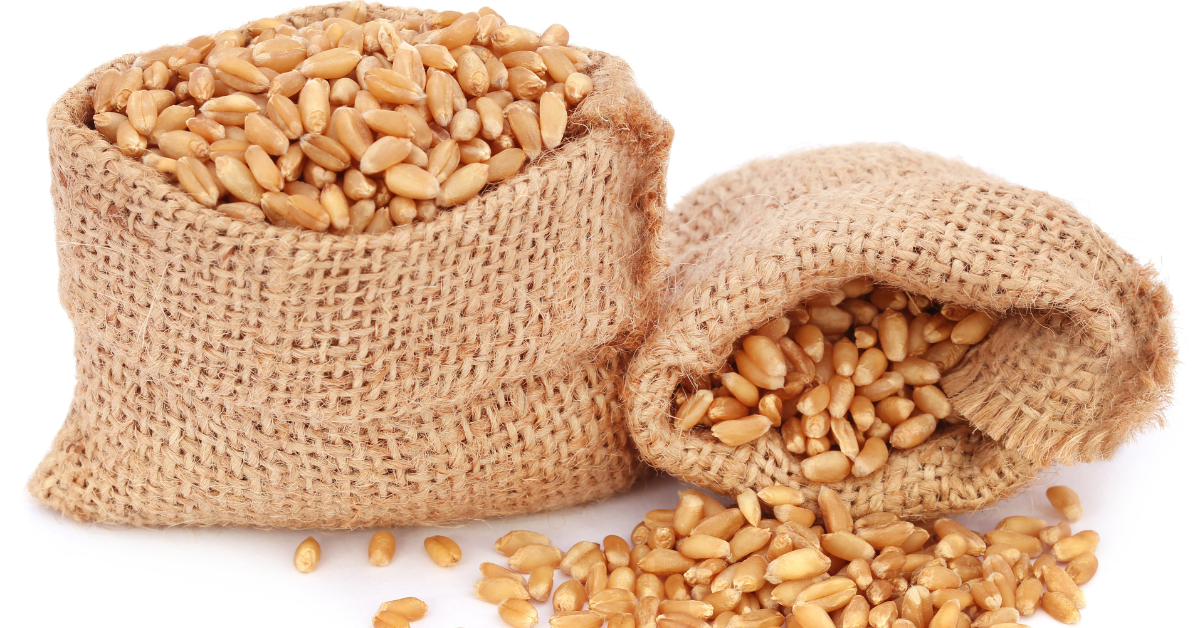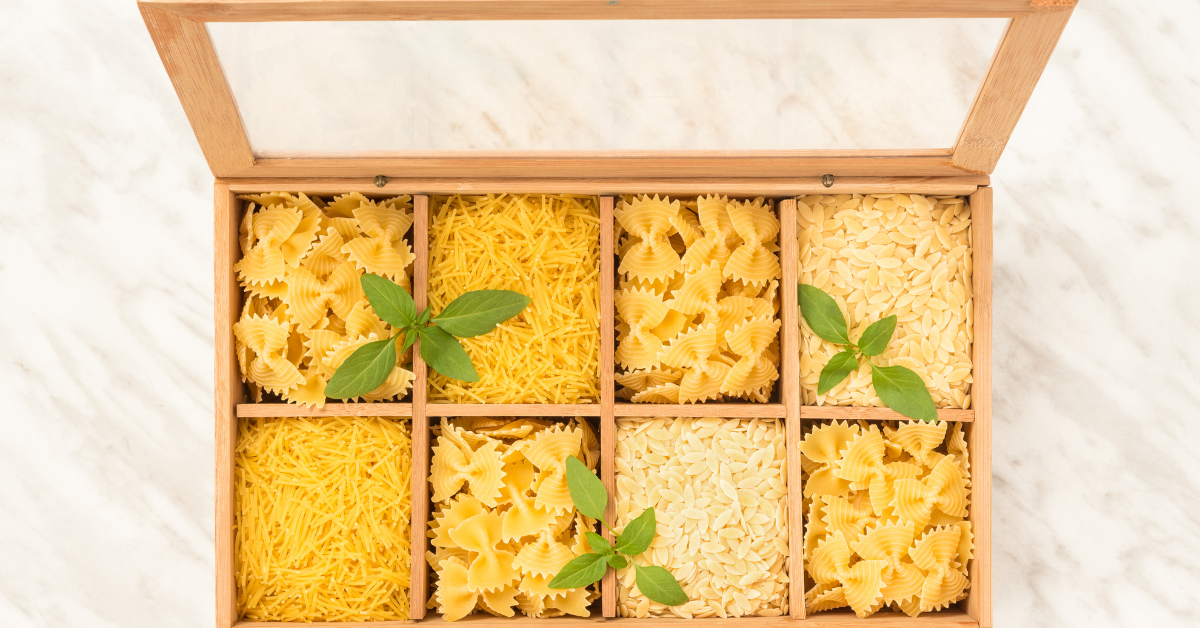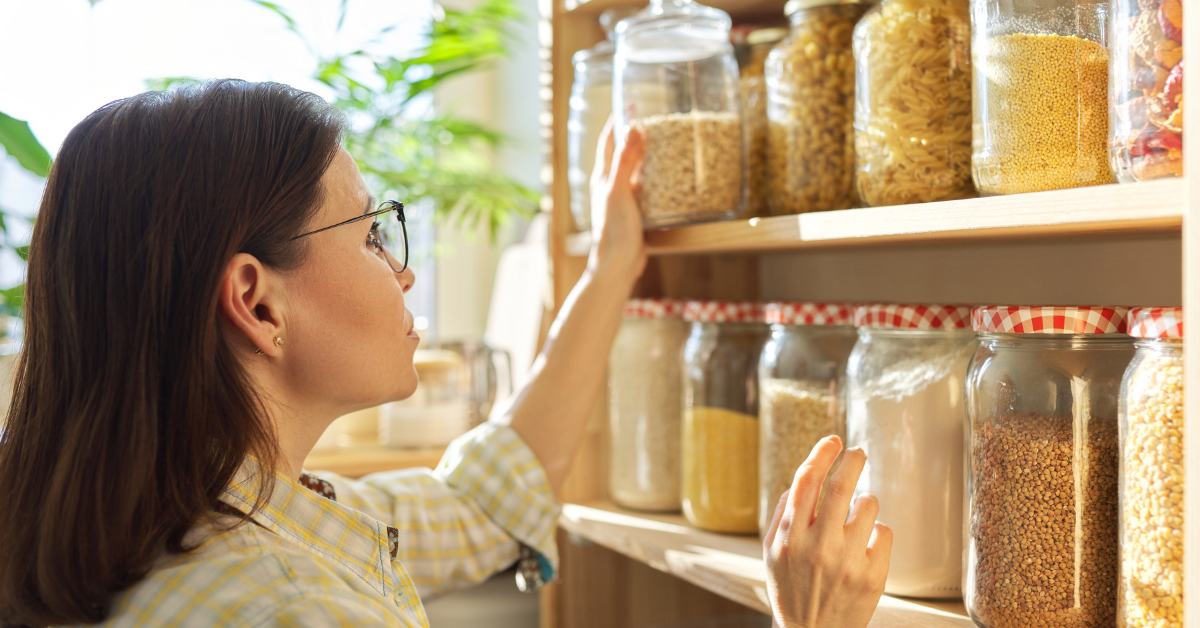Do you love eggs? Most folks do. Yet, when it comes to long-term storage, eggs can become a bit tricky. But fear not, friends! There are various methods to preserve eggs for long periods of time. And why do we want to preserve eggs? Well, it's simple. For the self-reliant folks among us who prefer to be prepared, knowing how to preserve eggs is crucial. A box of fresh eggs won't last forever. But knowing how to store eggs properly means you'll always have this protein-packed food ready, even when the chickens aren't laying.
Understanding Preserving Fresh Eggs vs Store-Bought Eggs

Fresh Eggs: Straight from the Coop
Fresh eggs, also known as farm-fresh eggs, are collected straight from the chicken coop. They're usually unwashed, leaving their protective 'bloom' intact. This natural layer prevents bacteria from getting through the porous shell, thus increasing the egg's shelf-life. Fresh eggs are also notable for their vibrant yolks, and many people find their flavor superior to store-bought eggs.
Store-Bought Eggs: Washed and Ready for the Fridge
Store-bought eggs, unlike fresh eggs, undergo a washing process before they reach the shelves. This removes the natural protective layer, making them more susceptible to spoilage. Therefore, store-bought eggs should always be stored in the fridge and used within a few weeks. Despite this, they offer convenience and consistent quality.
Proper Storage of Fresh and Store-Bought Eggs
Storing Fresh Eggs
Storing fresh eggs doesn't require a fridge if you plan on using them within a week. Leave them unwashed and store them with the pointy end facing down. This helps keep the yolk centered and the egg fresher.
Storing Store-Bought Eggs
Store-bought eggs should always be kept in the fridge. Due to the removal of their 'bloom' during the washing process, they need this colder environment to keep bacteria at bay. Storing these eggs in their original carton on the coolest shelf of the fridge can help them last for several weeks.
How to Preserve Eggs: Advanced Techniques for Egg Preservation
Now let’s discuss additional methods to preserve both fresh and store-bought eggs. Techniques like wrapping eggs in plastic, pickling, freezing, oiling, and thermostabilizing can extend an egg's shelf-life for weeks, even months.
1. Plastic Wrapping: An Extra Layer of Protection
Wrapping each egg in plastic wrap can extend its shelf-life to 2 months. This adds another layer of protection and is an easy method to carry out at home.
2. Storing Leftover Egg Whites and Yolks
Leftover egg whites or yolks from cooking? Store them correctly, and they'll still be good to use for several days. Egg whites can be stored in an airtight container for up to 4 days, while yolks can stay good in cold water for up to 2 days.
3. Freezing Eggs: For Long-Term Storage
You can also freeze whole, fresh eggs, although doing so directly can cause the shell to break. Instead, scramble the egg contents and freeze them in a silicone ice cube tray. These frozen eggs are perfect for baking or making scrambled eggs.
4. Pickling Eggs: For a Tangy Treat
Pickling is an old method of egg preservation. After hard-boiling, pack eggs into canning jars and cover with a spiced vinegar solution. Following a 10-minute water bath, let them season for 2-4 weeks for a delicious, tangy treat that lasts.
5. Oiling Eggs: For Extra Protection
Oiling fresh eggs with mineral oil extends their shelf-life by providing an additional protective layer. These eggs can stay good at room temperature for up to 8 weeks or in the fridge for up to 9 months.
6. Thermostabilizing: For an Extra Long Shelf-Life
Thermostabilizing involves heating eggs to 130°F for 15 minutes. This process kills bacteria and slightly cooks a layer of egg whites near the shell. These thermostabilized eggs can last for about 2 weeks at room temperature or up to 8 months at 34°F.
Additional Methods of Egg Preservation
Water Glassing Eggs: The Step-by-Step Guide

Get your hands on sodium silicate or pickling lime. Sodium silicate, often found online or in hardware stores, is the traditional choice for water glassing. Pickling lime, available in most grocery stores, is a more accessible but equally effective alternative.
Mix one part sodium silicate or pickling lime with nine parts boiled, then cooled water. The result? That's your water glass solution.
Find a clean, sterilized, and sealable container. Make sure it's big enough for your eggs.
Place fresh, unwashed eggs in the container. Keep them steady and avoid any cracks.
Pour the cooled water glass solution over the eggs until they are submerged.
Store the container in a cool, dark place. The temperature should be below 50°F.
Water glassing can keep your eggs safe to eat for up to 9 months to a year!
Dehydrating Eggs
Crack open and whisk your eggs. Make sure to beat them well for a uniform texture.
Cook the whisked eggs on a non-stick pan. Safety is crucial - make sure they're fully cooked to eliminate bacteria.
Spread the cooked eggs on dehydrator trays. Ensure an even layer for consistent drying.
Set your dehydrator to 135°F and let it work. It'll take around 10 hours to dehydrate the eggs thoroughly.
Once dried, store your eggs in an airtight container, away from light and moisture. How long do dehydrated foods last? This varies depending on the food, but dehydrated eggs if stored correctly, have a shelf life of 5-10 years!
Freeze Drying Eggs
Whisk the eggs well. You can freeze dry both cooked or raw scrambled eggs.
Pour the whisked eggs onto freeze dryer trays. Keep the layer even.
Place the trays in the freeze dryer. The machine will freeze the eggs, create a vacuum, and then slowly increase the temperature to remove the ice via sublimation.
Once the process is complete, store your freeze-dried eggs in airtight containers.
Freeze-dried eggs can last up to 25 years if stored in airtight containers!
Salting Egg Yolks: The Step-by-Step Guide
Separate the yolks from the egg whites.
Grab a dish and fill it with enough salt to cover the bottom.
Make small depressions in the salt and gently place each yolk into its own depression.
Carefully cover each yolk with more salt.
Let them sit at room temperature for a week. The salt will pull out the moisture and preserve the yolks.
When you're ready to use a yolk, just remove it from the salt, rinse, and pat dry.
Salted egg yolks can be stored at room temperature for up to six months.
These methods of preserving eggs will make you self-reliant, but if you're looking for a fail-safe, long-term solution, trust Valley Food Storage's powdered eggs. They offer a secure feeling, convenience, and a hefty shelf life.
Eggs and the Broader Preparedness Picture
Eggs are a versatile and nourishing food, and learning how to preserve eggs is vital, but they're just one piece of the bigger preparedness puzzle. True self-reliance and security in emergency situations comes from a well-rounded and diverse food storage.
Why a Variety of Food Matters
In times of uncertainty, a varied food supply can make all the difference. This diversity helps you meet your nutritional needs, offering a mix of proteins, carbohydrates, and fats, along with essential vitamins and minerals. Your body needs these nutrients to function correctly and to keep your immune system strong, especially in stressful situations.
The Value of Professionally Prepared Food Storage
Taking responsibility for your own food storage through methods like preserving eggs and understanding long term flour storage is an essential step. But complementing your efforts with professionally prepared food storage solutions can increase your preparedness level significantly.
[product_render product-handle="powdered-eggs-whole-freeze-dried"]
Valley Food Storage offers a range of ready-to-use, long-lasting food products, tailored to the needs of those preparing for emergency situations, like 72 hour survival kits. From delicious entrées and shelf-stable protein to fruits, vegetables, and even desserts, we cover all your food storage needs.
And let's not forget the ease and convenience. Our products are easy to store, simple to prepare (just add water!), and designed for long-term storage. They're packed in durable, space-efficient packaging that shields the contents from light, moisture, and pests.
Round Out Your Preparedness with Valley Food Storage
So, while knowing how to preserve eggs is an important part in your preparedness strategy, they are even more effective when part of a comprehensive food storage plan.
Valley Food Storage stands by you, ready to fill in the gaps and elevate your food storage. It's about offering you the peace of mind that comes from knowing you're prepared, and the freedom that comes from self-reliance. Let us help you complete your preparedness picture.
A Final Word on Egg Preservation
Preserving eggs isn't a task to be taken lightly, but it's a worthy investment of your time and resources. The methods mentioned above about how to preserve eggs - water glassing, dehydration, freeze drying, and salting yolks - each offer unique benefits. Your choice depends on your individual needs, resources, and preferences.
Independence and self-reliance are powerful tools, and knowing how to preserve your own food, including eggs, empowers you to take control of your sustenance in unpredictable circumstances.
However, if you're looking for a simpler solution or supplement to your self-preservation methods, Valley Food Storage's powdered eggs are an excellent choice. They offer the security and preparedness you crave without the need for space, equipment, or time. You can rest assured knowing you have a dependable source of protein, stored safely away for when you need it most.
Choosing the path of preparedness is a commendable decision. Whether it's done through traditional preservation methods or purchasing ready-to-use alternatives, you're taking steps to ensure the safety and security of your food supply. That's what Valley Food Storage is all about: giving you the tools you need to be self-reliant and prepared, no matter what life throws your way.




